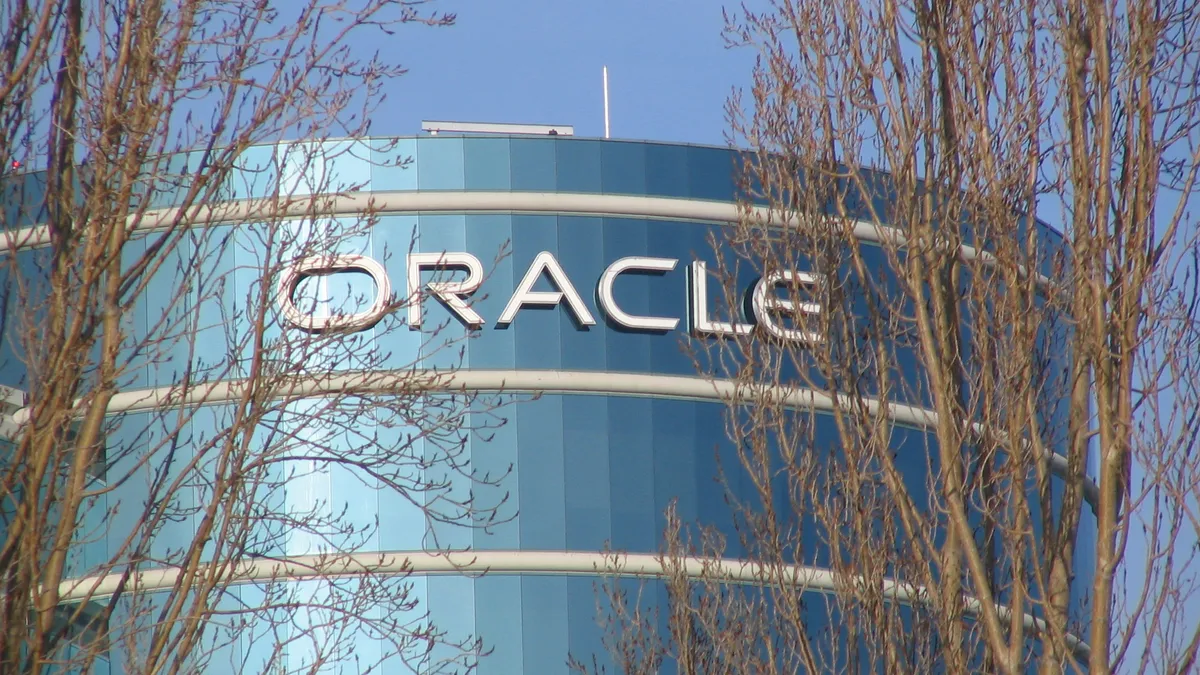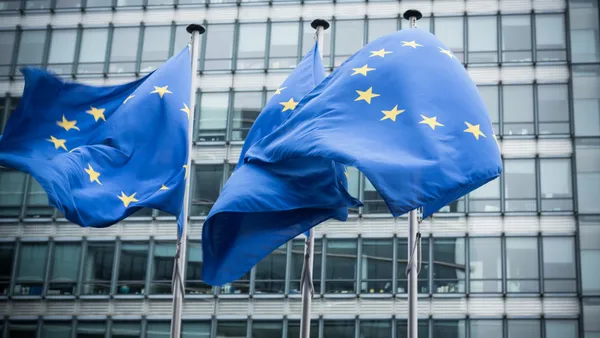Dive Brief:
- Oracle reached an agreement to acquire NetSuite for $9.3 billion, the company announced Thursday.
- The cash transaction is valued at $109 per share, according to the announcement.
- The deal is expected to close in 2016, following regulatory and NetSuite shareholder approval. Safra Catz, co-CEO of Oracle, said the company expects the acquisition to immediately benefit Oracle's earnings in the first full fiscal year after closing "on a non-GAAP basis."
Dive Insight:
NetSuite is one of the original cloud business software companies that will help bolster Oracle's cloud product portfolio. As Evan Goldberg, founder, chairman and chief technology officer of NetSuite, said in the announcement, NetSuite has spent 18 years developing a single system to help run businesses in the cloud. The move also greatly expands NetSuite's market reach, as Oracle can offer its products on a global scale.
"Oracle and NetSuite cloud applications are complementary, and will coexist in the marketplace forever," said Mark Hurd, co-CEO of Oracle, in an announcement. "We intend to invest heavily in both products—engineering and distribution."
Oracle has faced stiff competition from business software rivals like Salesforce and Workday, and its cloud offerings have struggled to compete in the market dominated by Amazon Web Services and Microsoft Azure. Even with the heavy competition, in its fourth quarter earnings report, Oracle's cloud-computing software and platform service revenue rose 49% from approximately $576.5 million to $859 million, though its software sales remained flat.
Combined with its cloud offerings, acquiring NetSuite's portfolio of cloud-based business software could give Oracle a sales edge and prove more enticing for customers looking for cloud business software.
The move also reunites Larry Ellison, chairman of Oracle, with Zach Nelson, chief executive of NetSuite, who was in charge of marketing for Oracle in the 1990s, according to The Wall Street Journal. The Ellison family is almost the largest NetSuite investor, holding almost 40% of its shares, according to the Journal.













